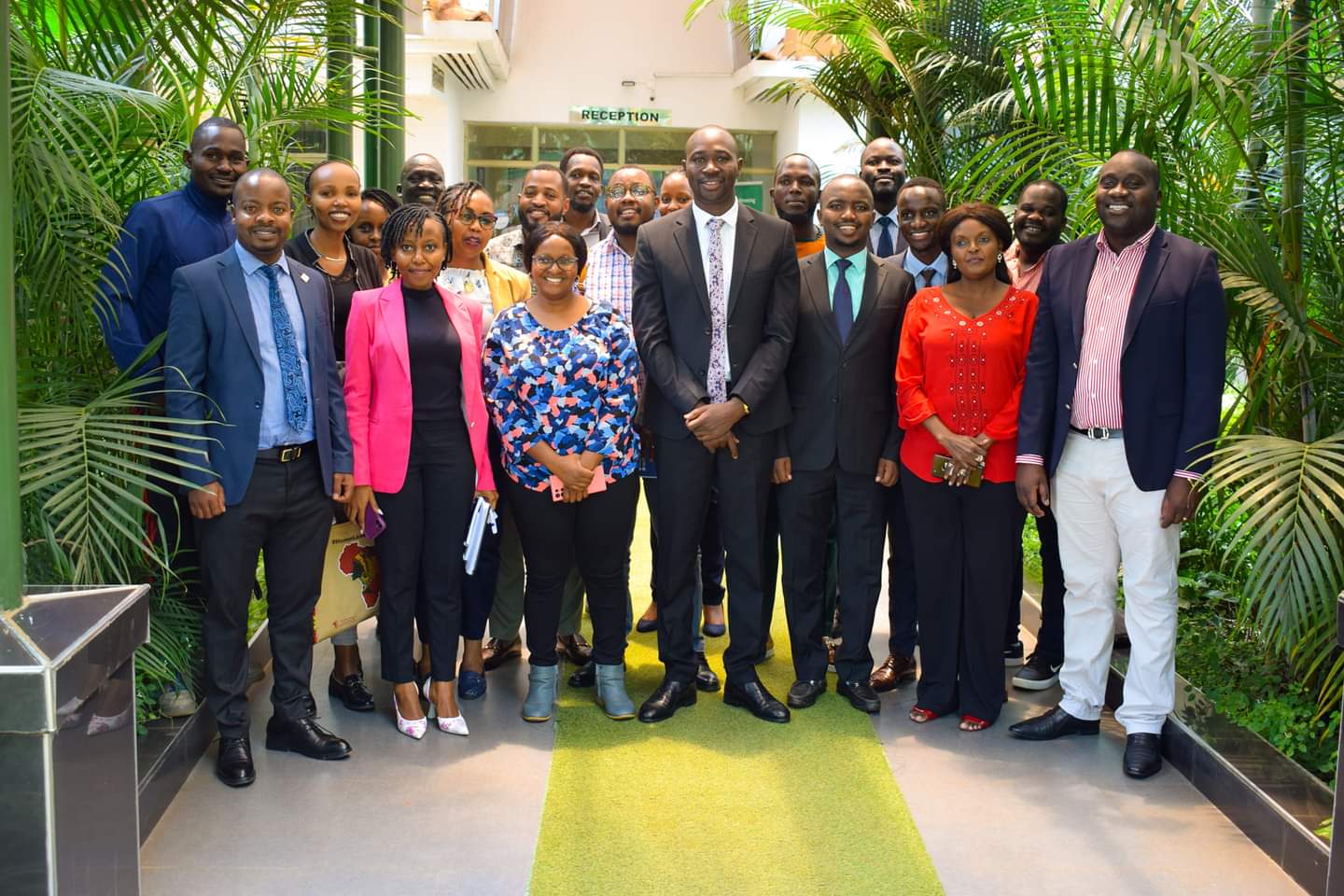Activities contributing to Output 1.0: Capacity of 24 young legislators (3 per county) strengthened on climate action legislation
Activity 1.1: Study guide development.
KYPA engaged a climate expert for two days to develop the study guide relevant for the rapid baseline surveys and in the multistakeholder engagement meetings.
Activity 1.2: KYPA conducted rapid baseline surveys in 5 counties (Garissa, Makueni, Wajir, Isiolo and Kitui) that have implemented CCCFs.
The findings of the study informed the kind of interventions to be pursued by young legislators to accelerate the rate of legislative processes necessary for implementation of the funds in other counties.
Activity 1.3: Support a 2 days training for 24 MCAs from the 8 selected counties in one central venue.
1 MCA per county was the chairperson of the relevant committee dealing with environment in the county assembly or their representative while 2 MCAs were selected form a pool of young legislators who had been part of KYPA trainings and programs for the last four years and who were going through the leading young fellowship program. The training introduced the MCAs to the project and focused on climate action legislation. Additionally, there were experience sharing sessions by KYPA members from relevant committees in the National parliament to build their capacity in taking up roles to lead the legislative aspect of the CCCFs establishment at the counties and be champions of the course.
These trainings also prepared them to lead conversations on climate change action plans for the next county integrated development plans (CIDP) which shall be implemented whether they make it back to the county assembly or not. The training was facilitated by KYPA staff.
Activity 1.4: Held multistakeholder engagement meetings for 30 people in the 8 target counties on implementation of CCCFs.
These 30 people included: County executive committee member for environment, members of the county assembly committee on environment, non-state actors in the environment sector, and the public, which included community leaders and the youth aspirants. The purpose of these one day non-residential meetings was to discuss legislation and implementation of the CCCFs, identify existing gaps and develop an action plan. These meetings provided critical reference point for assessing changes and impact.
Activities Contributing to Output 2.0: A climate action guide for young legislators at the national and county level developed.
Activity 2.1: KYPA will develop the action guide and engaged an expert for five days to review and give input before the launch.
The guide will outline interventions and roles that young legislators at the national and counties can play to enhance climate action legislation, appropriation and citizen engagement beyond the project period. The development of the guide shall be informed by the reports of the preceding activities.
Activity 2.2: Launch of the Climate Action guide in a hybrid event of 24 physical participants and 50 virtual participants.
To leverage on technology, the event shall be streamed live across KYPA social media platforms.
Activities Contributing to Output 3.0: 160 youth aspirants and 80 party officials influenced to focus their manifesto on climate action.
Activity 3.1: Supported a two days training for 30 persons in each of the 8 counties on climate action and how to develop climate sensitive manifesto.
The 30 persons included 20 youth aspirants from political parties and 10 party officials. The participants will sign an agreement to regularly engage in the climate discourse at the counties even beyond the period the project. KYPA staff facilitated the meetings.
Activities Contributing to Output 4.0: Improved performance by KYPA
This will include support towards;
Monitoring, evaluation and learning and project review: Monitoring and evaluation activities included regular follow up calls to monitor progress in the implementation of agreed action plans, facilitating a mid-line and end line end line assessment to assess the impact of KYPA’s work in relation to its goals and objectives. The evaluation will also identify key challenges, lessons learnt and make recommendations for improving the project. This will be guided by KYPA’s Monitoring, Evaluation, Research and Learning (MERL) framework.
